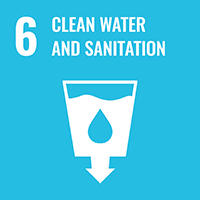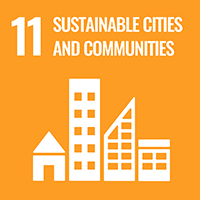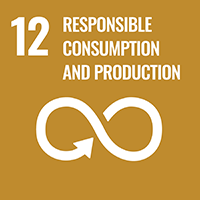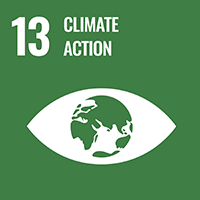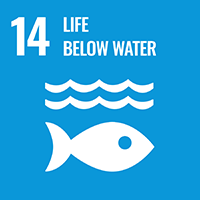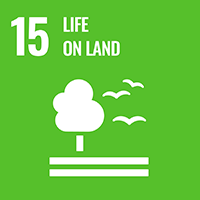Our environmental impact: acting local but thinking global
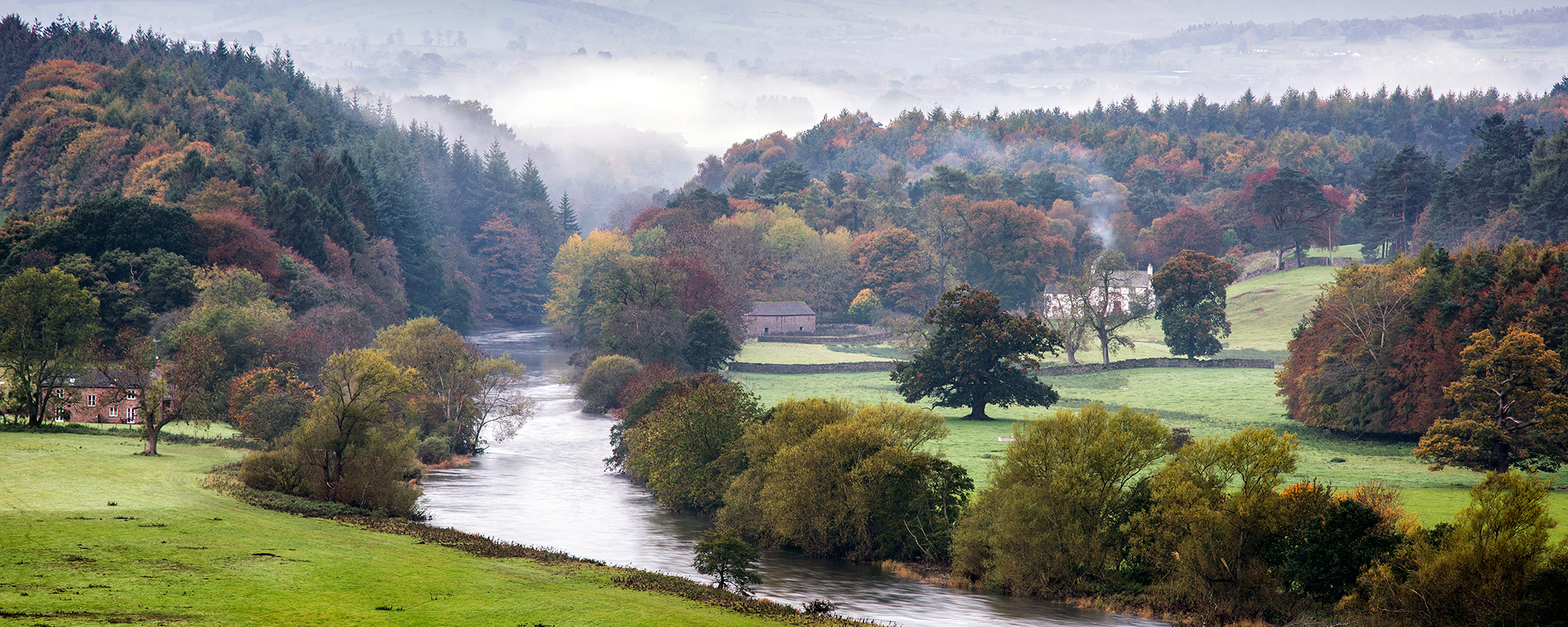
Acting local
Our vision is to have healthy rivers for all. As a charity working (and living) in the Eden catchment we have a responsibility to not only influence and inspire others to take action to make our rivers cleaner and healthier, but to reduce our own impacts too!
We are working hard to reduce our environmental impact, but still have a long way to go.
We recognise the scale and complexity of the challenge – reducing our carbon footprint means taking a balanced view of the pros/cons of different activities rather than just cutting out one thing.
We won’t ‘rest on our laurels’ (so to speak); we will take advantage of technological advances and trial new or better ways of working to reduce our carbon footprint and improve the sustainability of our projects.
We continue to learn more and more about how to be a sustainable organisation and make the quick wins now and put plans in place for the longer-term changes our rivers and planet needs.
Our longer-term goal is to reduce our impact in the big areas of energy and transport.
We really want to replace our vehicles with electric ones but they are out of our reach at present.
Currently, we are based at Newton Rigg College and are unable to influence our energy supplier. When we move office later this summer, we are hoping that we will be able to sign up with a green energy provider.
In the meantime, we have not stood still. Here are just some of the steps we have recently taken/are currently taking to improve our environmental performance:
Water
Using creosote to prolong the life of fence posts. We recognise that creosote is carcinogenic and has the potential to pollute our watercourses, potentially harming human and wildlife health. We are currently evaluating alternative products that still mean that fences will last for longer, but will not harm the environment.
When working with landowners we advise them not to use creosote, but if unavoidable, then we can advise them to not use it near or crossing watercourses or in damp/wet areas where it might leach and reach the river.
Waste
In 2019, we introduced a regular volunteer event, Toolcare Fridays to help increase the lifespan of the tools we use. We hope to restart them post Covid.
We buy larger packs where possible (reduced waste) and refill items at the wonderful Another Weigh in Penrith (local to the office).
Travel
Our staff and Trustees car share whenever they can (when Covid restrictions allow)
We are reviewing how we reach people in our catchment, taking advantage of digital technologies to connect meaningfully with our audiences.
On yer bike! Taking advantage of the quieter roads (thanks to Covid restrictions) our staff have put pedal to the metal and left the car at home.
To reduce everyone’s carbon footprint and impact on the local environment, we have used the local Community Buses to transport large groups of volunteers to a site.
We promote a digital-first approach and aim to be paper-free, only printing where absolutely necessary. Our paper usage in 2019/20 (before Covid) has massively reduced, saving charity resources and the planet!
Every time we have to print materials for our activities, fundraising, or publicity we evaluate the paper supplies on offer from our printer to make a balanced decision as to whether FSC Certified or 100% recycled paper is the most sustainable.
Materials
Plastic tree tubes – we are evaluating alternatives such as cardboard tubes and wooden cages for trees and wire rabbit netting for hedges in certain locations . We aim to only use them only where the saplings would die if tubes didn’t protect them, e.g. where deer roam free.
We actively look for opportunities to recycle materials – in 2020, we used boulders from a United Utilities project at Threlkeld to make rapids in a stretch of the Lyvennet.
The cleaning supplies that we have control over are all river-friendly.
We buy Fairtrade coffee and tea…next stop plastic-free tea bags (or perhaps it’s time to get a tea strainer and embrace tea leaves?)
Trees: We only buy native tree species and buy as local as we can (and reduce our number of deliveries) to reduce our carbon footprint.
We try to buy locally wherever we can – whether that’s products or services, as long as it meets our standards for quality, is value for money or meets the criteria of our procurement process.
We are investigating the net environmental benefit of using a metal fencing system instead of wood. Reduces reliance on felling trees (releasing carbon stores) can be recycled (although expensive) and solves the issues around rotting posts and using creosote or other chemicals to prolong their life. Potentially reduces labour costs and is simpler to install.
Energy
All computers and other electrical devices in the office are switched off at night/when not in use.
Thinking global
Our work improving and protecting Eden’s rivers, won’t just make a difference to our local rivers and communities, it will help transform the world!
It fits neatly within one or more of the Sustainable Development Goals (SDGs). These are a set of 17 goals set out by the United Nations to focus efforts around the world in order to “achieve a better and more sustainable future for all.” (UN SDG website)
Here is a flavour of the work we undertake that contributes to these global goals:
